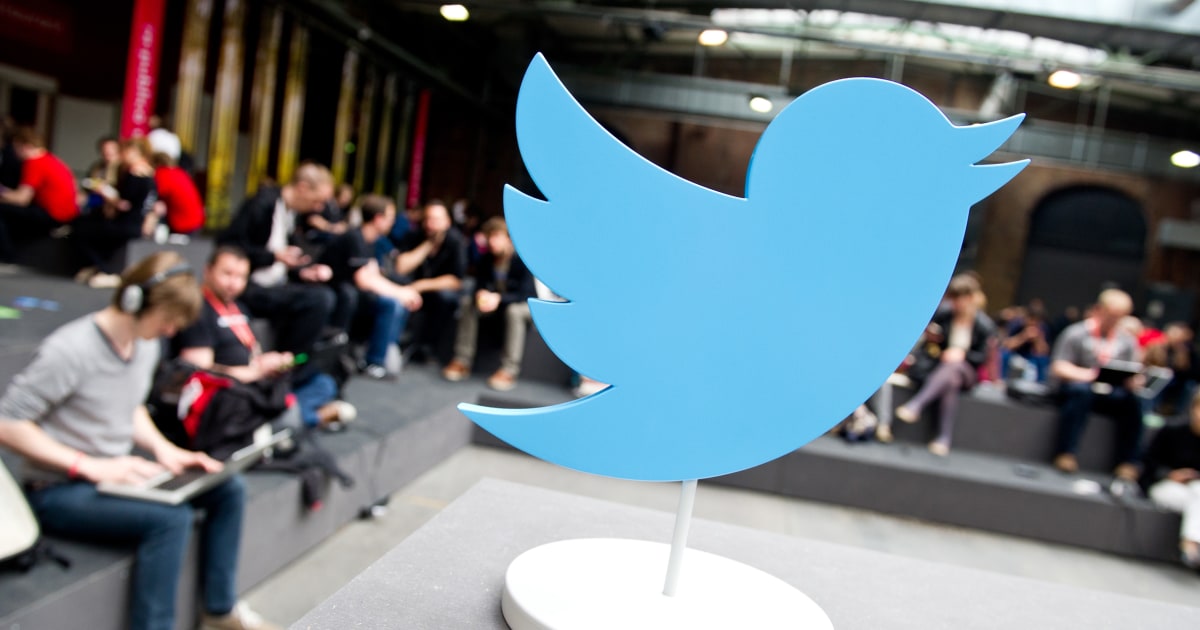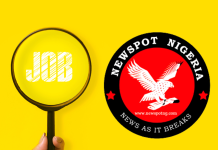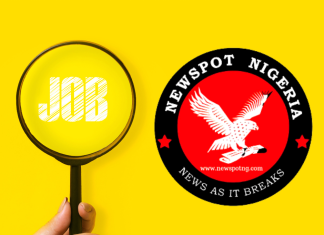As Elon Musk’s takeover of Twitter begins, he must make several important decisions that will determine the future of the social media platform millions use for their newsgathering. While most of the focus is on the orange elephant in the room — the expected return of @realDonaldTrump — there is another issue that deserves Musk’s attention. Today, political satire is facing threats from both content moderators and the courts, and Musk has a unique opportunity to be an advocate for this silly yet vital method of pointing out the absurdity of our political landscape.
I got involved in political satire after watching Donald Trump fire off several conspiracy-theory-laden posts to his over 4 million followers on Truth Social daily.
I got involved in political satire after watching Donald Trump fire off several conspiracy-theory-laden posts to his over 4 million followers on Truth Social daily. If you’re one of the Twitter-addicted news-conscious Americans who has remained largely (and blissfully) unaware of this metastasizing alt-right media echo chamber, I envy you. In my casual observations of Truth Social following its troubled launch in the spring, the social media platform appears to be fulfilling its intended role as an “uncensored” alternative to Twitter, with predictably nutty results.
And unfortunately, under Twitter’s previous leadership, attempts to shine a satirical spotlight on this right-wing quackery led to my permanent suspension from the “digital town square,” as Musk calls his new purchase. With Musk at the helm now, there may be a real chance to overhaul Twitter’s heavy-handed approach to banning political satire of all stripes. After all, on Friday, he tweeted: “Anyone suspended for minor & dubious reasons will be freed from Twitter jail.”
It sounds a lot like what happened to me. Last month, in what can only be described as a bout of insomnia-induced madness, I created a couple of accounts on Twitter to poke fun at Trump’s amplification of the viral pro-Trump conspiracy theory QAnon, which was establishing a foothold on his nascent platform. Given that what I saw play out on Truth Social was as unmoored from reality as anything cooked up in the mind of L. Frank Baum, I decided to use the mother lode of all fantasy stories —“The Wonderful Wizard of Oz” — as the basis for my satire.
Thus, the Wizard of Qz (a veiled figure who provides followers with cryptic — and often contradictory — predictions) and Glinda the Great (Qz’s disgruntled, narcissistic deposed ruler) were created. Within a few days, things were operating like a finely oiled tin man on Twitter. I adapted Q’s posts, known as drops, on seedy online forums and transformed Trump “Truths” like this self-centered pivot away from Hurricane Ian to the Nord Stream pipeline attack into this: “Everyone is talking about the big tornado, as they should be, but perhaps a more important event was the news that the Yellow Brick Road (which I brought to Oz’s attention as Ruler when I explained how crippling reliance on it could be) has been SABOTAGED. This could lead to War!” — @realGlindaGreat
Alas, the plug was pulled on my @WizardofQz account about three weeks after it launched. “After careful review, we determined your account broke the Twitter Rules,” read the notification from Twitter Support. “Your account is permanently suspended.” Confused, I quickly submitted a formal appeal of the suspension and sent several follow-up emails to try to get clarification about which rule(s) I violated, but unfortunately, I never heard back from Twitter HQ. Meanwhile, over on @realGlindaGreat, I discovered followers had been removed and memes that I created had been censored, as well as other account restrictions.
In looking over the Twitter Rules, it’s clear an emphasis is placed on tamping down anything that could be classified as violent extremism. I wondered whether maybe that was the line that Twitter felt I crossed.
Yes, some of the Wizard of Qz’s posts had warned of riots, but they were in the context of the nonexistent Quadling Country (one of four countries comprising the Land of Oz; look it up). Other posts alluded to paramilitary intervention on behalf of the Lollipop Guild, but one would assume that Twitter higher-ups know that that is also pure fantasy. Perhaps the Qz “drops” focusing on “mass hysteria re: Jitterbug virus” fell under the umbrella of Covid-19 misinformation? I can only speculate at this point, but clearly our reality has become stranger than fiction to the content moderators at Twitter.
Twitter’s clumsy approach to banning parody political accounts does a disservice to the millions of users who rely on the platform to get context about what’s happening around them.
More than any sense of personal frustration at the premature death of my silly little project, however, I feel like Twitter’s clumsy approach to banning parody political accounts does a disservice to the millions of users who rely on the platform to get context about what’s happening around them.
To say we live in interesting times is decidedly an understatement. We have midterm elections on the horizon in which democracy deniers might soon be installed in the inner workings of our state and local election infrastructure. Talk of “civil war” is at the highest it’s been since perhaps the actual Civil War. And the “robust conversation” that Truth Social advertises is taking place on its platform is principally centered on pedophilia in Hollywood and which of America’s duly elected Democratic officials should be tried and executed for treason first.
Satire helps put the danger of what’s at stake into perspective, but playing out in the background of all this is a court fight that could decide the constitutionality of it on social media. The Supreme Court may soon hear the case of Anthony Novak v. City of Parma, Ohio. Novak was arrested and briefly jailed in 2016 for creating a parody Facebook account satirizing his local police department. After his civil suit alleging that his constitutional rights were violated was dismissed, he petitioned the court to take up his case.
In an amicus brief filed this month, The Onion, a popular satirical site, supported Novak.
“One of parody’s most powerful capacities is rhetorical: It gives people the ability to mimic the voice of a serious authority … and by doing so demonstrate the target’s illogic or absurdity,” the brief said. “Parodists can take apart an authoritarian’s cult of personality, point out the rhetorical tricks that politicians use to mislead their constituents, and even undercut a government institution’s real-world attempts at propaganda.”
Musk should know we won’t do ourselves any favors by being cowardly lions and shying away from the imagery and language of, for example, QAnon. By appropriating alt-right memes and messages, my parody project’s goal was to spotlight the ridiculousness of the conspiracy group’s tenets and illustrate how they spread across social media like a virus.
Since the Jan. 6, 2021, insurrection, Twitter has rightfully removed tens of thousands of QAnon-affiliated accounts, citing the risk of further civic destabilization. But surely the platform can make space for accounts that shine a satirical light on the continued influence of the group and our modern political system at large?
This mimicry, as The Onion noted in its brief, provides unique “functionality and value” that aren’t possible through traditional methods of critique — such as with a straightforward news article about the conspiracy and its impact.
In a statement Thursday, Musk said that “there is currently a great danger that social media will splinter into far right wing and far left wing echo chambers that generate more hate and divide our society.”
The sad truth is that despite many failed prophecies, the QAnon conspiracy still holds a viselike grip on Truth Social’s user base. Its adherents believe a “storm is coming” in which politics is upended in unimaginable ways. The undisputed leader of one of our two major political parties, meanwhile, is embracing QAnon supporters to the point that it has been interpreted as his telling them to stand back and stand by ahead of the next presidential election.
By not giving its users an opportunity to engage with satirical reflections, Twitter’s current moderation policy worsens this echo chamber. By his own admission, Musk knows that the platform can’t become a “free-for-all hellscape,” so striking a balance will be tough. Unfortunately for him, he won’t be able to rely on any magic ruby slippers for help. But political parody accounts, even bad ones like mine, should be protected on Twitter.
Share your story or advertise with us: Whatsapp: +2347068606071 Email: info@newspotng.com


















